Innovative medicines institute gets £55m investment
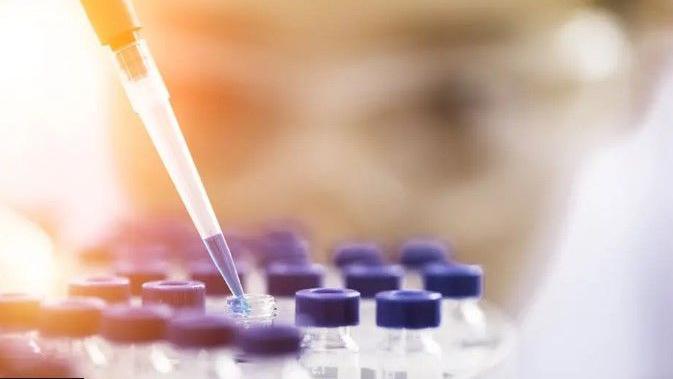
Precision medicine is the tailoring of medical treatment to the individual characteristics of each patient
- Published
A £55m investment has been announced for a new institute to help drive innovation and productivity in precision medicine in Northern Ireland.
The Future Medicines Institute (FMI), based at Queen's University Belfast (QUB), is backed by a consortium of leading medical companies, and involves academics from Ulster University (UU).
The shared lab will see medical, academic and industry experts joining forces in a bid to advance the local precision medicine sector and help to try and “stop the brain drain” in NI.
Precision medicine is when treatment is tailored to the patient's individual needs considering their diagnosis, genetics and even lifestyle.
A first for Northern Ireland, the institute includes companies such as Almac and Randox.
Announcing the multi-million pound investment, Economy Minister Conor Murphy said the new institute would help build on Northern Ireland's growing diagnostic and therapeutic sector.
'Treading new ground'
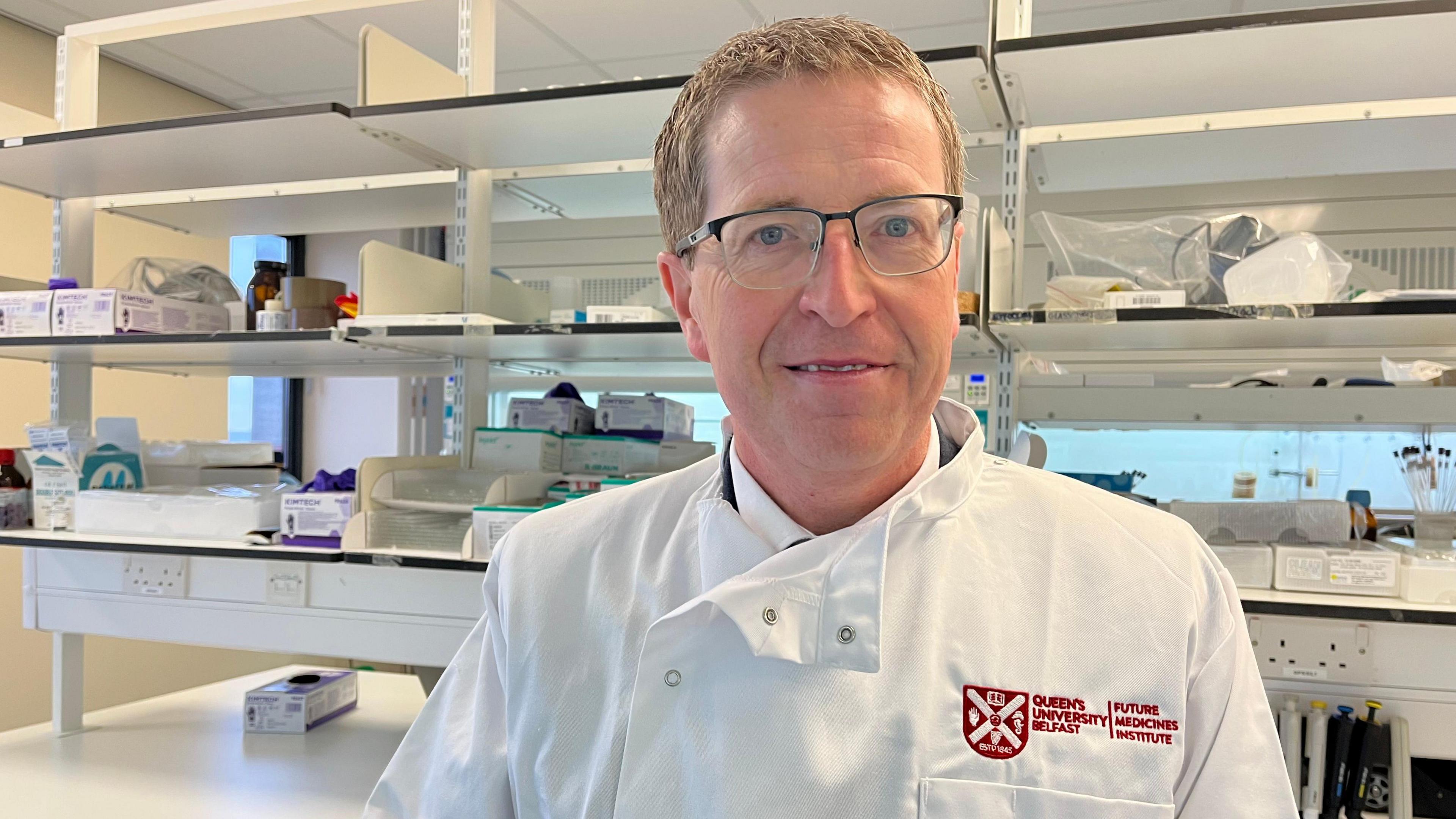
Prof Christopher Scott says the overarching aim is to drive the productivity of research and development here in Northern Ireland
Dean of research at the Faculty of Medicine, Health and Life Sciences at QUB, Prof Christopher Scott, said the institute would show Northern Ireland had the right trained workforce to see products through from research to development.
"We are treading new ground together with new equipment and expertise," he said.
"The overarching goal is to drive the productivity of research and development that we do in Northern Ireland.
"We want to make the process more accessible and de-risk the involvement of research and development for our companies.
"We want to create new jobs at a range of levels from higher apprenticeships, to PhDs and ensure that we develop those jobs in a way that they stay here in Northern Ireland and that we stop the brain drain and show Northern Ireland is a place to do business with."
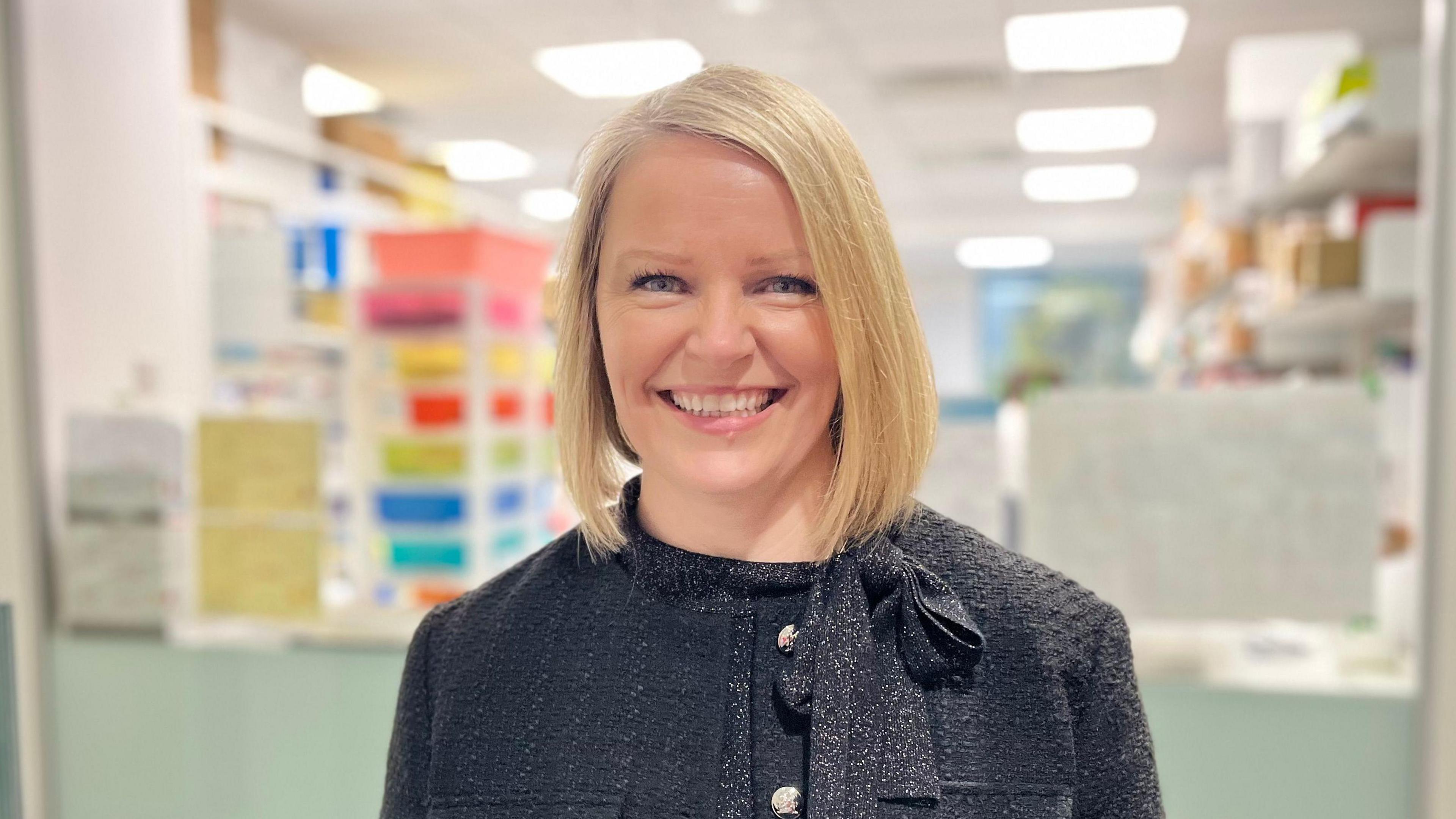
Wendy Moore is director of Diaceutics - a company that helps pharmaceutical companies develop precision medicines
Wendy Moore from Diaceutics, a testing laboratories company, said her passion was promoting and protecting women's health.
"Being able to develop treatments targeting ovarian and breast cancer is crucial and that's what we will do here in this lab and then share the data and knowledge eight our colleagues in America," she said.
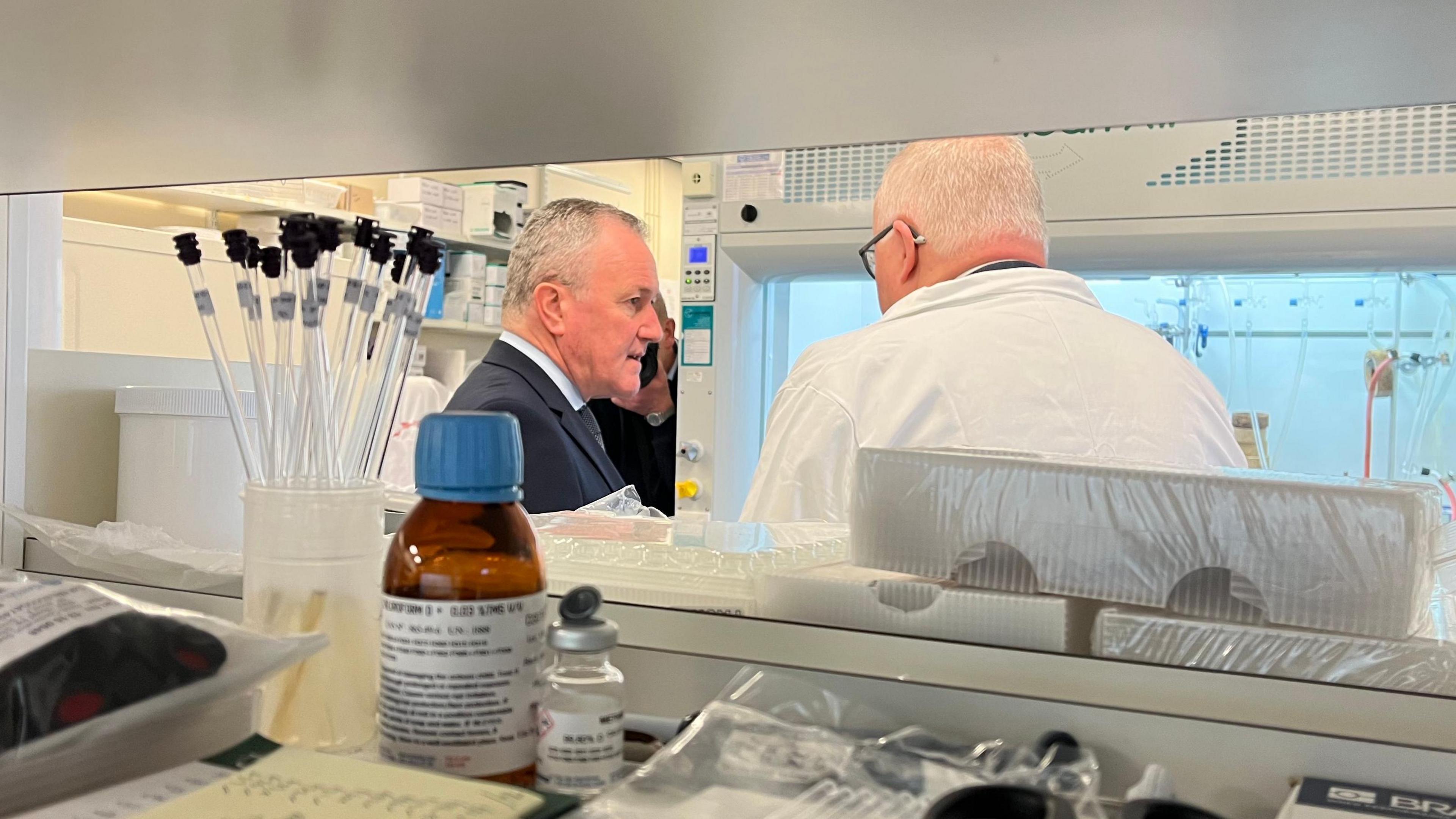
The opening was attended by Economy Minister Conor Murphy
The institute will represent the first joint infrastructure for life and health sciences in NI, according to those behind the project.
They added that it is a notable departure on how medical research is normally carried out.
Described as a "rich and dynamic cluster" of partners, the institute will be operating from January.
Prof Scott said it is all about a product that will be made and delivered in Northern Ireland for people in NI and around the world.
Related topics
- Published29 November 2024
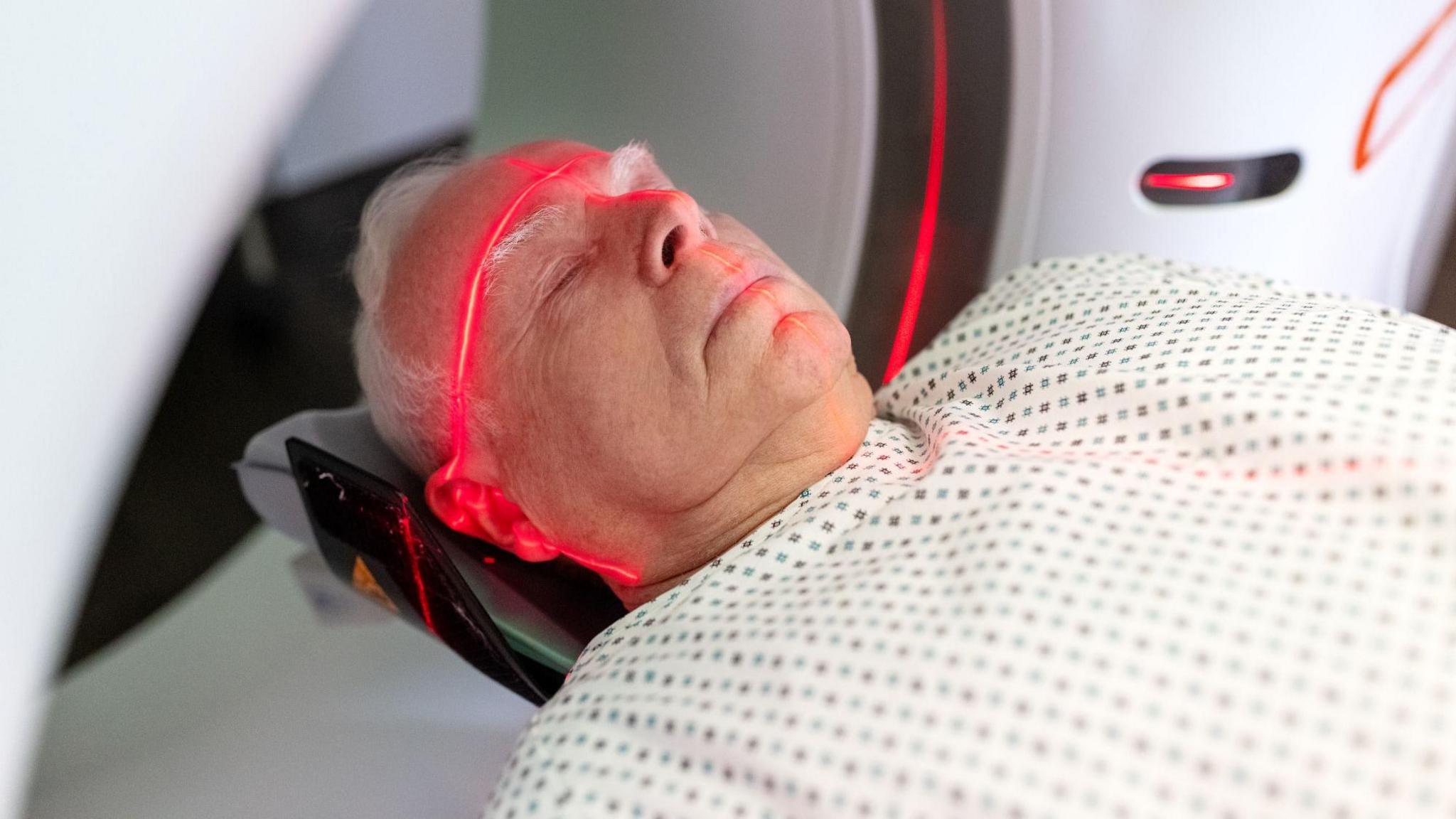
- Published29 November 2024
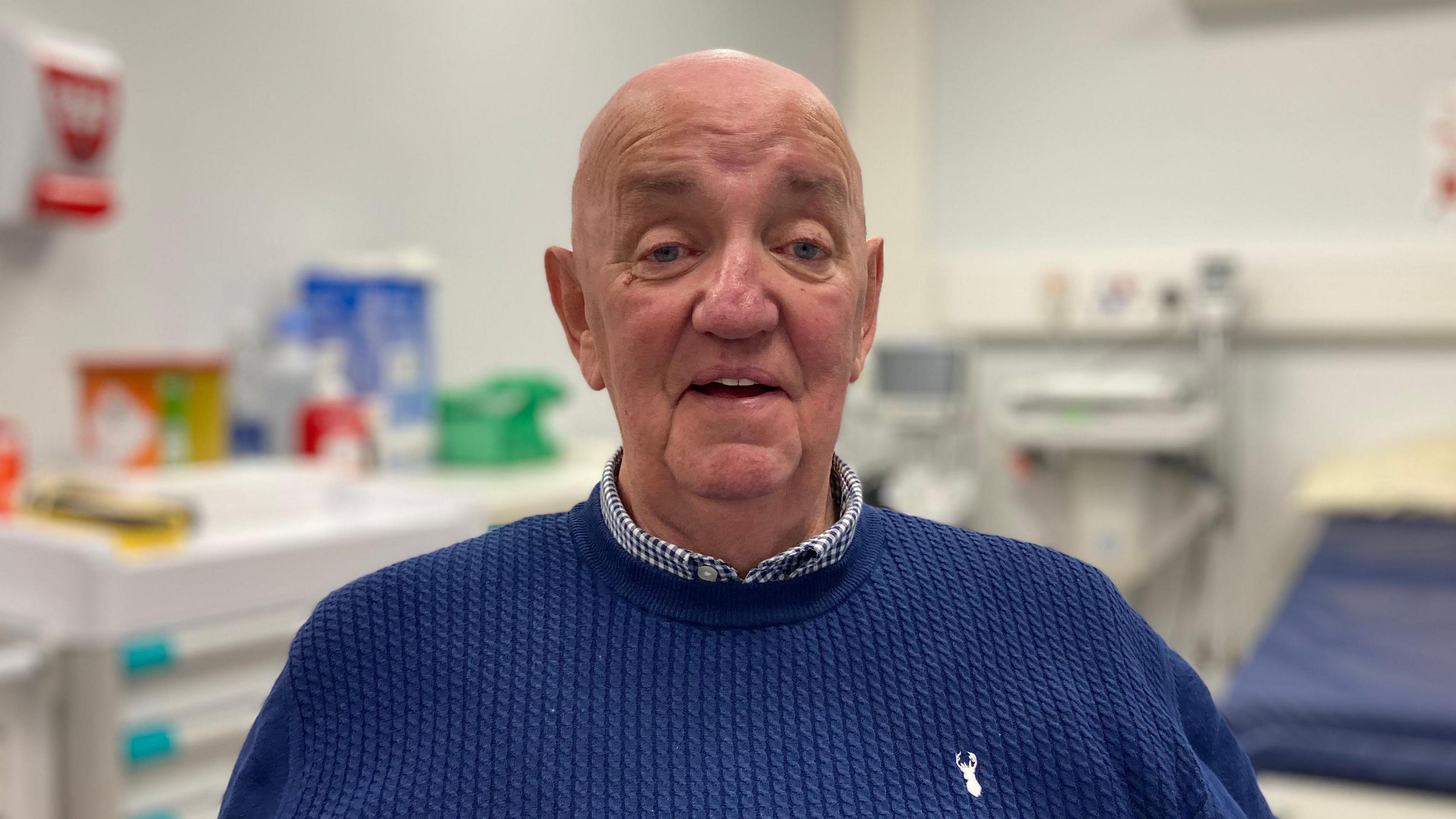
- Published28 November 2024
